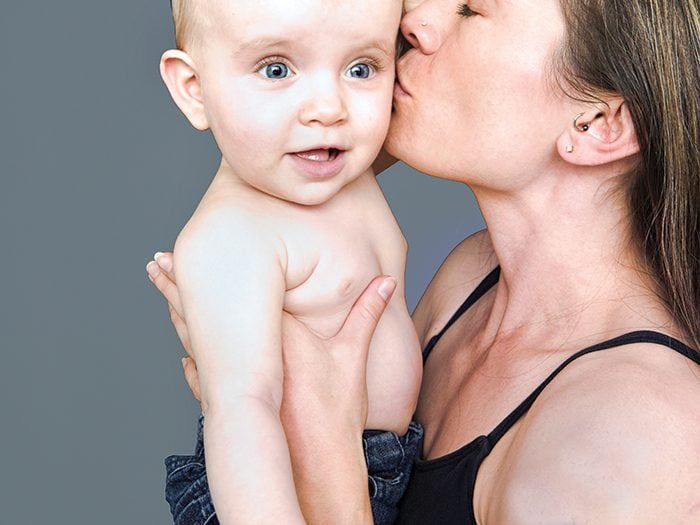Why Touch Is Vital To Your Health
It’s vital for our health, wellness and happiness, say the world’s leading neuroscientists

Of our five senses, our sense of touch is the one we are most apt to take for granted, yet it’s the one we can least do without.
“A child can be born blind or deaf and they will grow up just fine, with no cognitive impairments”, as long as they have loving caregivers who hold them often and respond lovingly to their needs, notes US neuroscientist Dr David Linden. The author of Touch: The Science of Hand, Heart and Mind, Linden further notes, “If an infant is deprived of loving social touch for the first two years of life, then all sorts of disasters unfold.”
Adults, too, benefit hugely from regular social, non-sexual touch and caresses.
Health Benefits The pluses for adults are many: Positive touch can reduce stress hormones, improve blood pressure, mood and our immune systems–among other benefits.
Therapeutic massage and other touch therapies are also beneficial to premature infants or newborns, people undergoing cancer therapy, elderly individuals in nursing homes and athletes trying to maximize performance levels.
Neuroscientist Linden says, however you do it, “maximizing touch in your life is a good thing “—whether it is a massage, holding hands, petting a dog, going to the hairdresser, hugging our kids, our partners or even a stranger.
New Research On Human Touch It is only in recent years that science has begun to understand the complex system of nerves, sensors and receptors that link our skin and brain to our environment and the other people in it.
We have nerve sensors to detect texture, another for vibration, yet another for pressure, another for itch. And most importantly, “We have special nerve fibres purely to detect caresses by other people,” notes Dr Håkan Olausson, professor of clinical neuroscience at Linkoping University in Sweden.
When our touch fibres don’t work properly, it may undermine making emotional connections to others. New research shows some children with autism may have a difference in their touch sensors that prevents them from feeling comfort from another person’s soft touch.
“When we put our hands on each other,” says Dr Linden, “we are tapping into deep associations between touch and emotion that were kindled at the dawn of life.”



